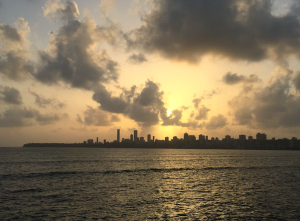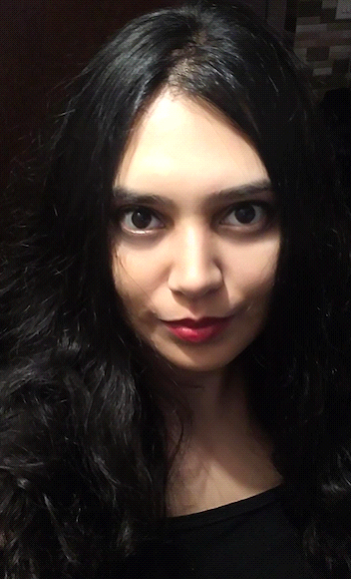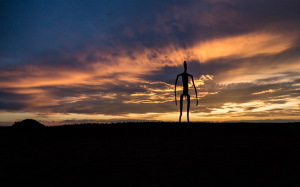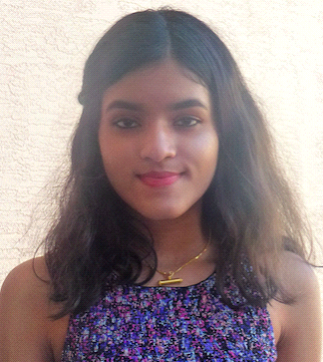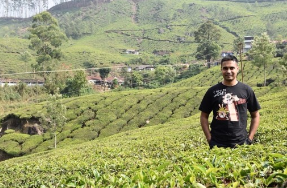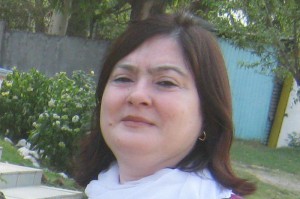Dheepa R. Maturi
If you’re lucky,
sooner rather than later,
you’ll begin to break.
You won’t realize it immediately,
but you’ll notice your fingers
leave a trail of soil as they
skim your kitchen counter,
and the soles of your feet
shed crystalline dust as you
walk barefoot over the foyer tiles,
which don’t seem worth the energy
of switching out at this point.
If you’re lucky,
you’ll do more than slough —
you will crack and split,
up one arm and down the other,
up one leg and, well, you get the idea —
another month, another fissure.
Your hips will begin to powder,
then your torso and chest and neck.
When the crumbling reaches your face,
you’ll have to keep calm,
because even your tongue
will fracture into fault lines.
You might wonder how you
ever loved licorice,
or chewed on ice,
or said that thing
to your mother.
Be very still when it
reaches your eyes because
messages may rise from the
tender gelatin.
You might wonder how you
missed that the willow outside died
and that the children flew away
before they even left.
Deep breaths now,
because next, it will happen
inside your body,
and even less predictably.
Your left ventricle
might vibrate and splinter first,
and then, maybe,
your esophageal sphincters
and your sigmoid colon.
Your torturers will ooze
out of the past and
turn to vapor around you —
you might wonder how
they ever crushed you.
Eventually, you’ll disintegrate
into a pile of cells.
You’ll sit and watch them
spilled all around you,
gather them in your hands,
let them fall through your
fingers as you remember
everything and ask
Why?
If you’re lucky,
you have the answer.
(This dissolution will be the answer.)
If you’re lucky, your cells
will drink again and know
how to reassemble.
You won’t
go back together
the same way.

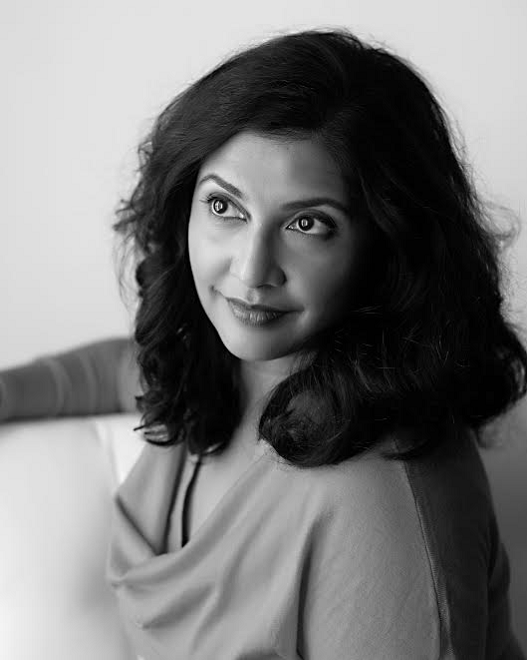
Dheepa R. Maturi is a graduate of the University of Michigan and the University of Chicago. Her poetry has appeared (or is forthcoming) in The Fourth River, Every Day Poems, The Offbeat, Defenestration, Here Comes Everyone, Flying Island, Branches, Hoosier Lit, Wild Musette, The Indianapolis Review, and elsewhere. She lives with her family in Indianapolis. Find more of her writing at her website.
![]()


